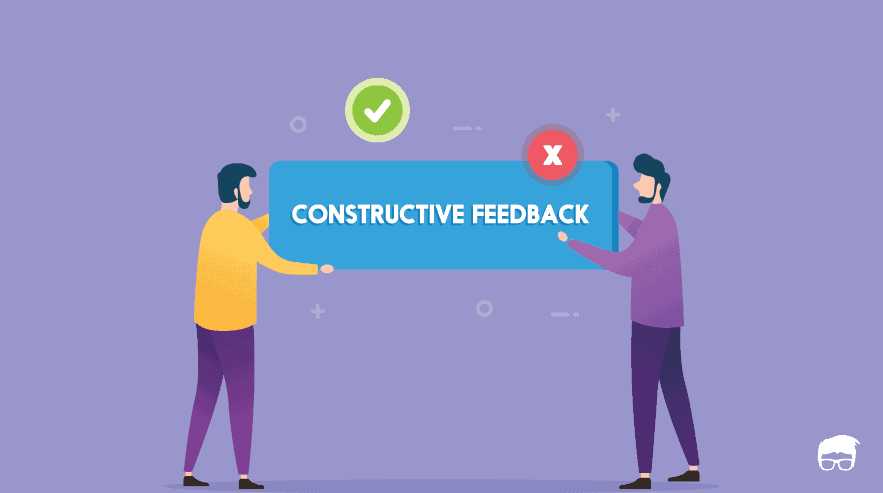Bumped into @danhenry AKA @whitemuslimguy at KLCC today. Nice guy masha Allah, heard his talk for the first time last weekend at @gmcsummit on the topic of “Cracking the Instagram Code: 0-100k Followers in 60 days”. Loved it!
I told him, i really enjoyed his talk. Then he asked, “what did you gain from it?”
Oh, man. Why you put this introvert on the spot, man?
Then I remembered the first big takeaway that came to mind: “Find your unfair advantage”
Everyone has a unique gift that Allah granted. You probably don’t realize it. But we have it, we just have to see it. In Dan’s case, his unique thing was that he whenever he hung out with his Muslim friends, he was known as the “white muslim guy”. Which he later realized, was kind of rare, and surprisingly, was available in Instagram and other platforms!
He added: “Find your niche. Find something that makes you stand out from the crowd, that differentiates you. Then hone on it and make the best out of it.
My first social media brand took me 7 years to build, and once i found my new unique brand, whitemuslimguy, it took me 1 month to achieve the same results.”
Second big takeaway I got from his talk: The definition of a “Hook”.
When it comes to the world of influencers and social media, everybody talks about mastering the art of creating a hook.
Now, first thing’s first: What IS a hook?
People will typically say, a hook is what gets people’s attention.
Clarification: That’s what a hook DOES. Not what a hook is.
A Hook is, “something someone sees that CREATES MULTIPLE BURNING QUESTIONS in their mind, that they can’t stand to leave unanswered, therefore they keep watching”.
I introduced myself to him, telling him I work in Engineering in Oil & Gas and do content creation part-time with our podcast, but we kind of feel stuck in our channel.
He shared some good advice: You gotta have the blueprint before you start building.
Many of us wanna jump straight into content creation.
But How do you build a house - Do you just start building?
There’s a lot more that goes into it before a single brick touches the ground.
Awesome to meet you brother! Enjoy the rest of your stay in Malaysia 🇲🇾








































